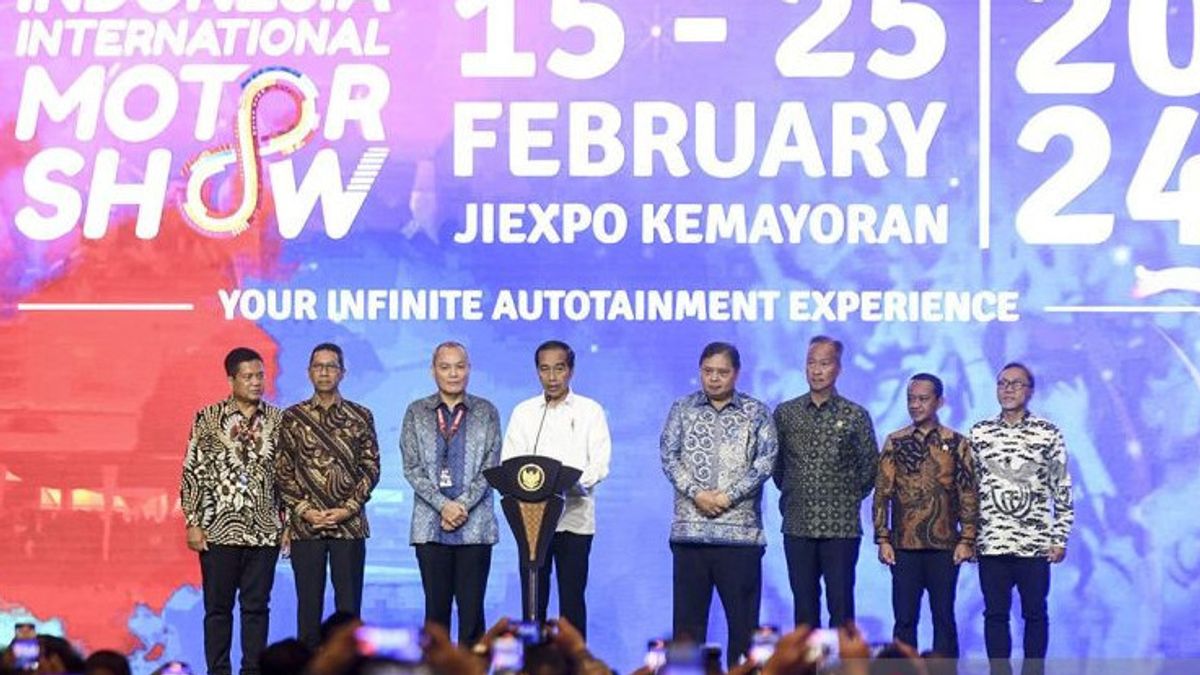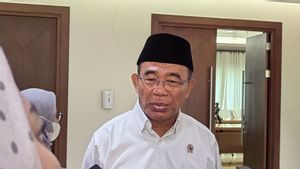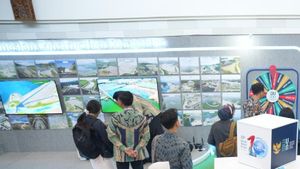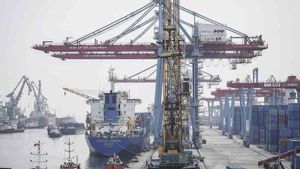
Coordinating Minister for Economic Affairs Airlangga Hartarto said Japan's recession has the potential to boost investment into Indonesia.
Although Japan's economic condition has an effect on Indonesia, considering economic relations between the two countries, Airlangga assesses that there is an investment gap that can have a positive impact on Indonesia.
"Usually in a recession, they need economic growth and they will see a region that can still grow is ASEAN. So, precisely with the recession there, I hope investment from there will flow further," said Airlangga as quoted by ANTARA, Monday, February 19.
Japan's economy is known to have slipped into recession, after two quarters of contracting in the third and fourth quarters of last year, Japan's government data shows on Thursday (15/2).
The country's economy shrank at an annual rate of 0.4 percent in the October-December period, due to weak spending power, the data said.
Real gross domestic product (GDP), the total value of goods and services produced in Japan, shrank 0.1 percent from the previous quarter, according to the government's initial figures.
Meanwhile, Japan is Indonesia's 4th largest export destination in 2023 with total transactions reaching 18.8 billion US dollars.
Japan also occupies the 4th position as the main investment origin country in Indonesia with an investment of USD 4.63 billion in 2023.
Meanwhile, Secretary of the Coordinating Ministry for Economic Affairs Susiwijono Moegiarso said the government was trying to resolve various trade negotiations in international trade to anticipate the economic slowdown in Japan.
According to him, the Export Improvement Task Force is focusing on expanding market access by encouraging the completion of agreement negotiations, especially the Indonesia-EU CEPA.
관련 항목:
The Task Force is also seeking to increase exports to 12 new countries with priorities for Indonesia's export destinations, namely Saudi Arabia, the Netherlands, Brazil, Chile, China, the Philippines, India, Kenya, South Korea, Mexico, the UAE, and Vietnam.
He mentioned that the export commodities that will be prioritized to these countries are fish and processed fish, swallow's nest, coconut and processed coconut, processed coffee and spices, vegetable and margarine, cocoa, processed food, and mangery and animal feed.
Then, cement, chemical products, rubber and rubber products, skin and products from skin, pulp and paper, textiles and textile products (TPT) and footwear, precious metals and jewelry, machinery, electronics, automotive, furniture, and toys are also included in the export priority product.
Even so, Susiwijono ensured that the Indonesian economy was still resilient with solid growth achievements amid the disruption of the global economy due to the threat of a Japanese recession.
The English, Chinese, Japanese, Arabic, and French versions are automatically generated by the AI. So there may still be inaccuracies in translating, please always see Indonesian as our main language. (system supported by DigitalSiber.id)

















